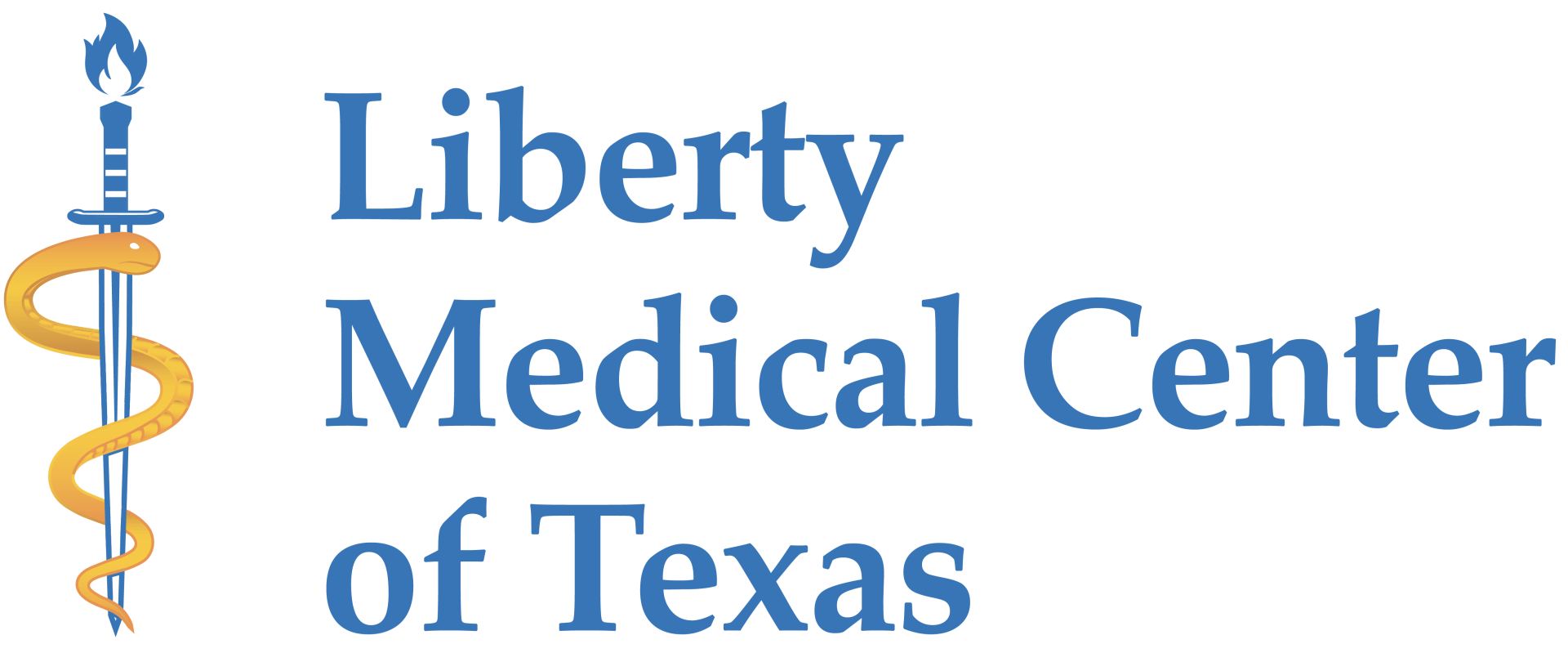Identifying PTSD in a Loved One
by Kny Dennis
 Photo by Jessica Radanavong on Unsplash
Photo by Jessica Radanavong on Unsplash
The National Center for PTSD estimates that as many as 8 million people in the United States have PTSD at any given time. However, the prevalence of PTSD is significantly higher in veterans than in the general population due to the differences in traumas service members experience. It has been identified and confirmed throughout history that exposure to combat situations negatively impacts the mental health of those involved. In addition to the conflicts and battles that are dangerous and stressful, other factors such as politics about the war, deployment and high rates of sexual assault or harassment may also impact a veteran’s mental health.
The symptoms of PTSD vary among people, both in intensity and type. Some of the most common symptoms include irritability, hypervigilance, and flashbacks. Other symptoms also include isolation and difficulty being intimate with others. Many people don't get the help they need because they don't feel entitled to it or believe they'll be seen as weak if they admit to having a problem.
The National Center for PTSD estimates that as many as 8 million people have PTSD at any given time.
PTSD is a mental illness that can affect people of all ages, races, and backgrounds. It is a stress reaction that happens after a traumatizing situation, especially veterans who have been through war and other traumatic events.
It is estimated that as many as 8 million people have PTSD at any given time. Being aware of the symptoms can help you tell if someone you love might be suffering from PTSD - whether they are an adult or child.
It is important to know when something is wrong with a loved one, so you can help them get the right treatment.
It can be difficult to tell when someone is experiencing PTSD. Your loved one may not even realize they have it until you bring it up and knowing what to look for can help you both get the right support or treatment.
If your loved one does have PTSD, then knowing about their condition will make it easier for both of you in many ways. Symptoms can last a long time and make it hard to maintain relationships. Understanding that there is an underlying medical issue impacting your relationship can make it easier to handle. You will feel less alone because there are others like yourself who can empathize with your difficulties supporting someone with PTSD and you can access resources to help support your loved one more effectively.
Common symptoms include irritability, hyper vigilance, and flashbacks.
Symptoms also include isolation and difficulty being intimate with others.
If you are concerned about someone's mental health and have noticed that they have started to isolate themselves from others, this could be a sign of an issue like PTSD. In addition, if your loved one is having difficulty being intimate with others in relationships or marriage you should consider bringing up the possibility of them getting help for their trauma.
In general, it is important to know that people can experience symptoms differently. Some people may have trouble talking about their trauma and others may avoid all social situations because they're too afraid to be around large groups of people again. Either way, it is important that you take care of yourself as well and seek professional support when necessary, so that you do not contribute further stress to what the person experiencing PTSD is already experiencing.
Symptoms of PTSD can vary, both in intensity and type.
It's important to note that the symptoms of PTSD can vary widely among people in intensity, duration, and type. There is also no single "typical" pattern of symptoms associated with the disorder. The intensity of symptoms will likely depend on how violent or traumatic their trauma was and how much time has passed since it happened. A person who has been experiencing high levels of stress for long periods of time will likely experience more severe mood swings than someone who experiences less stress later in life or over shorter periods of time. Similarly, some people’s brains are naturally more resilient than others.
Many people do not get help because they do not feel entitled to it or believe they will be seen as weak if they admit to having a problem.
It's important to note that many people who have PTSD don't feel like they're entitled to help, or they may have been taught that it's a sign of weakness. This is something I have seen in my own family: they worry about how others will view them if they seek professional help. The truth is that PTSD is not a weakness; rather, it's an actual medical condition with symptoms and treatment options. If someone you love has been experiencing symptoms of PTSD, they need your support as much as possible—not criticism or judgmental statements about their “weakness” or inability to handle their problems on their own.
The symptoms of PTSD vary among people, both in intensity and type. Some of the most common symptoms include irritability, hypervigilance, and flashbacks. Other symptoms also include isolation and difficulty being intimate with others. Many people don't get the help they need because they don't feel entitled to it or believe they'll be seen as weak if they admit to having a problem.
The National Center for PTSD estimates that as many as 8 million people have PTSD at any given time.
PTSD is a mental illness that can affect people of all ages, races, and backgrounds. It is a stress reaction that happens after a traumatizing situation, especially veterans who have been through war and other traumatic events.
It is estimated that as many as 8 million people have PTSD at any given time. Being aware of the symptoms can help you tell if someone you love might be suffering from PTSD - whether they are an adult or child.
It is important to know when something is wrong with a loved one, so you can help them get the right treatment.
It can be difficult to tell when someone is experiencing PTSD. Your loved one may not even realize they have it until you bring it up and knowing what to look for can help you both get the right support or treatment.
If your loved one does have PTSD, then knowing about their condition will make it easier for both of you in many ways. Symptoms can last a long time and make it hard to maintain relationships. Understanding that there is an underlying medical issue impacting your relationship can make it easier to handle. You will feel less alone because there are others like yourself who can empathize with your difficulties supporting someone with PTSD and you can access resources to help support your loved one more effectively.
Common symptoms include irritability, hyper vigilance, and flashbacks.
- Irritability
- Hypervigilance
- Flashbacks
- Nightmares
- Memory loss and trouble concentrating
- Trouble sleeping, and
- Trouble controlling anger or fearfulness in certain situations (especially if the person has been through a traumatic event)
- Sadness, depression, or suicidal thoughts
Symptoms also include isolation and difficulty being intimate with others.
If you are concerned about someone's mental health and have noticed that they have started to isolate themselves from others, this could be a sign of an issue like PTSD. In addition, if your loved one is having difficulty being intimate with others in relationships or marriage you should consider bringing up the possibility of them getting help for their trauma.
In general, it is important to know that people can experience symptoms differently. Some people may have trouble talking about their trauma and others may avoid all social situations because they're too afraid to be around large groups of people again. Either way, it is important that you take care of yourself as well and seek professional support when necessary, so that you do not contribute further stress to what the person experiencing PTSD is already experiencing.
Symptoms of PTSD can vary, both in intensity and type.
It's important to note that the symptoms of PTSD can vary widely among people in intensity, duration, and type. There is also no single "typical" pattern of symptoms associated with the disorder. The intensity of symptoms will likely depend on how violent or traumatic their trauma was and how much time has passed since it happened. A person who has been experiencing high levels of stress for long periods of time will likely experience more severe mood swings than someone who experiences less stress later in life or over shorter periods of time. Similarly, some people’s brains are naturally more resilient than others.
Many people do not get help because they do not feel entitled to it or believe they will be seen as weak if they admit to having a problem.
It's important to note that many people who have PTSD don't feel like they're entitled to help, or they may have been taught that it's a sign of weakness. This is something I have seen in my own family: they worry about how others will view them if they seek professional help. The truth is that PTSD is not a weakness; rather, it's an actual medical condition with symptoms and treatment options. If someone you love has been experiencing symptoms of PTSD, they need your support as much as possible—not criticism or judgmental statements about their “weakness” or inability to handle their problems on their own.
A loved one who has PTSD is not alone, and there are many ways to get proper treatment.
If you suspect that your loved one has PTSD, you're not alone. Many people have or will experience this condition at some point in their lives and struggle to get the help they need. Fortunately, there are many ways to treat PTSD following a traumatic event.
Getting help from a therapist: A therapist can provide therapy sessions that focus on identifying triggers for your loved one's symptoms and helping them identify healthy ways of coping with stressors. A therapist is also trained in diagnosing mental health disorders and may be able to tell if PTSD is present based on the information you provide about your loved one's behavior during stressful events.
Seeking out support groups: In addition to seeing a therapist, joining a support group can be beneficial for those who have experienced trauma or have been diagnosed with PTSD because it allows them to talk about their experiences with others who are going through similar situations. It also provides an outlet where they may not feel pressured into opening up if they are not yet ready. The National Alliance on Mental Illness (NAMI) offers online chat groups specifically designed for veterans who suffer from PTSD so that they can connect with others who understand what they're going through.
It is important to remember that PTSD is not a weakness and that it is never too late to get help. For more information on how to support someone with PTSD or get treatment for yourself, visit the National Center for PTSD website and check out the Liberty Medical Center website for additional help and resources.
If you suspect that your loved one has PTSD, you're not alone. Many people have or will experience this condition at some point in their lives and struggle to get the help they need. Fortunately, there are many ways to treat PTSD following a traumatic event.
Getting help from a therapist: A therapist can provide therapy sessions that focus on identifying triggers for your loved one's symptoms and helping them identify healthy ways of coping with stressors. A therapist is also trained in diagnosing mental health disorders and may be able to tell if PTSD is present based on the information you provide about your loved one's behavior during stressful events.
Seeking out support groups: In addition to seeing a therapist, joining a support group can be beneficial for those who have experienced trauma or have been diagnosed with PTSD because it allows them to talk about their experiences with others who are going through similar situations. It also provides an outlet where they may not feel pressured into opening up if they are not yet ready. The National Alliance on Mental Illness (NAMI) offers online chat groups specifically designed for veterans who suffer from PTSD so that they can connect with others who understand what they're going through.
It is important to remember that PTSD is not a weakness and that it is never too late to get help. For more information on how to support someone with PTSD or get treatment for yourself, visit the National Center for PTSD website and check out the Liberty Medical Center website for additional help and resources.
To become a member and receive our services, please apply on our Liberty Medical Center of Texas Form and learn more about how we can help you today.


